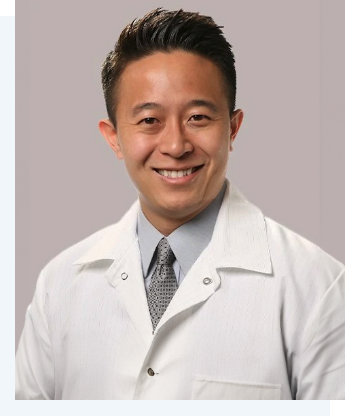Pre-Op Instructions
- Minors must be accompanied by a parent or legal guardian or have written consent for surgery and anesthesia.
- Patients anticipating the usage of general anesthesia or intravenous sedation must not consume any food or beverage (including water) for a full SIX (6) hours prior to surgery.
- Patients having general anesthesia or intravenous sedation must have someone to drive them home following surgery.
- For maximum comfort during and following any procedure, patients should wear loose, short sleeved, comfortable clothing that preferably does not have to be removed over the head. Please wear flat shoes.
- If you take regular medications or are given premedication, you may take this with a tiny sip of water, just enough to get it down. If you are given Valium premedication, you must not drive to or from your surgery appointment.
- Please remove dark nail polish and any facial or oral piercings.
- Plan on being in the office for approximately 1 1/2 hours.
Post-Op Instructions
Bleeding
Slight bleeding, oozing, or redness of saliva is to be expected after oral surgery. If excessive bleeding occurs, bite down firmly on gauze for 30 minutes to create a blood clot. Remove the gauze and replace as necessary until the bleeding has decreased. Bleeding/oozing may still occur occasionally for several days after the procedure, especially while brushing. Avoid smoking, spitting, and using straws because this can dislodge the blood clots. Please call us immediately if you experience excessive, uncontrollable bleeding.
Activity and Driving
If sedated, a responsible adult should stay with you for the day. Restrict your activities and do not exercise for a few days. Resume normal activity when you feel comfortable. DO NOT drive, operate machinery, make important decisions, or sign official documents for the first 24 hours after a sedation procedure.
Stitches
In most cases, resorbable stitches have been placed. Minimize irritating them with your tongue. They will generally fall out in one week.
Hygiene
Do not rinse your mouth or brush your teeth for the first 24 hours. You may continue brushing and flossing the next day, but be gentle around the surgical sites. Rinse gently 3x a day after eating with the prescribed Peridex mouthwash rinse or a teaspoon of salt mixed into a cup of warm water. Do not use the Peridex for longer than two weeks. If you were given a syringe, please flush the sockets 3x a day after eating. If you wear retainers, resume wearing them the following night.
Pain
Unfortunately, some postoperative discomfort may be experienced following oral surgery, but it will improve over time. Please take the prescribed pain medications as directed. Ibuprofen (Advil) is the best medication for oral surgery procedures. If you experience more severe pain, a prescription for a stronger pain medication can be provided.
Numbness
The numbness from the anesthetic will subside in a few hours so be careful to not bite your cheeks, lips, or tongue. Temporary numbness of the lips, chin, or tongue may occur in a small percentage of surgeries.
Nausea
Nausea is a possible side effect seen after surgery. Begin drinking clear liquids, eat saltine crackers, and then advance to a soft diet as tolerated to help with nausea.
Swelling and Bruising
Swelling and bruising is the body’s normal reaction to healing after surgery. It will reach its peak 3–4 days after surgery, and this is normal. Applying ice packs wrapped in a thin towel for 15 minutes on and 15 minutes off on the face where the procedure was performed will help reduce swelling. Sleep with a few pillows to elevate your head and decrease swelling. If your mouth opening feels stiff and restricted, begin jaw opening stretches 5x a day.
Open Sockets
In certain surgeries, there will be a large void or space where the tooth was removed. The socket will take a month to gradually fill in with new tissue. It should be kept clean with regular brushing to prevent food trapping.
Diet
To aid in the healing process, it is important to consume adequate nutrition and calories. For one week, restrict your diet to soft nutritious foods such as protein shakes, soups, smoothies, pasta, rice, eggs, beans, and yogurt. Avoid hard foods that require chewing, spicy foods that will irritate the surgical sites, and crunchy foods like popcorn or nuts. Try not to miss any meals because you will recover faster and experience less discomfort if you continue to eat. Do not use a straw because it can dislodge the blood clot and cause bleeding.
Alcohol and Smoking
Avoid alcoholic beverages for a few days. DO NOT smoke or vape for at least two weeks after oral surgery because this can lead to a dry socket, implant failure, or poor graft healing.
Implant and Graft Instructions
- Eat only soft food around the implant site for the first month. You may chew on the opposite side of your mouth with regular food if no surgery was performed there.
- Brush the surgical site gently with a soft bristle toothbrush.
- Resorbable stitches will dissolve on their own in one week and are a normal part of the healing process.
- Do not use an electric toothbrush or Waterpik until after the implant crown is placed.
If you have any concerns, please don’t hesitate to call our Pasadena office at (626) 792-3161. It is our desire that you have a pleasant, uncomplicated surgical experience.

